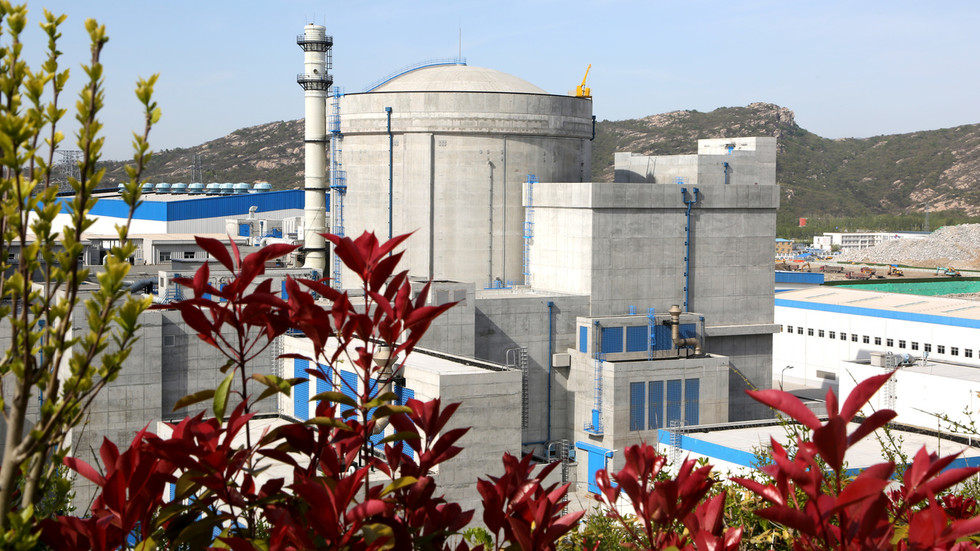In an ingenious move sure to infuriate America, Beijing plans to build technology capable of distilling the radioactive element from seawater, fuelling its new nuclear power plants and giving it strategic independence.
Can the ocean fuel China’s nuclear boom? According to a report from the South China Morning Post, Beijing is looking to build a device that can extract uranium from seawater, which has an estimated 1,000 times more reserves than on land.It comes amid the country’s push on multiple fronts to meet with two principal aims: first, to end its energy dependency on Western nations, a move accelerated by geopolitical tensions, and second, to meet its carbon commitments. The latter has been a new pressure point from the United States, with Joe Biden’s new climate agenda necessitating that China builds a slew of nuclear power stations in the coming decade. If it goes to plan, the facility to extract uranium from the ocean could start construction by 2026, but may take years and a lot of money to complete.
For a long time, China’s reliance on other countries to supply its energy needs has been a strategic Achilles heel. As an industrial powerhouse, the world’s most populated nation, and one of its fastest-growing economies, it has an unquenchable thirst for energy. What makes this worse is that China has very few natural energy resources. It has some small oil and natural gas reserves, but that’s about it. It also has fewer uranium reserves than France – a far smaller country.
As a result, China is a bulk importer of oil, uranium, natural gas and coal. This is a strategic problem, because access to these depends on Indian Ocean and Pacific maritime routes, which, in a conflict scenario, enemies such as the United States would attempt to cut off in a bid to try to paralyse China.
For many years, Beijing’s priority has been to attempt to quash its energy dependency and diversify its provisions. It’s done this in a number of ways. First is the Belt and Road initiative, which seeks to build cross-continental infrastructure in order to reduce reliance on the usual maritime routes. Key to this is the building of the China-Pakistan Economic Corridor and Gwadar Port on the shores of the Arabian Sea in Pakistan, which, linked to Xinjiang, allows China to bypass the Indian Ocean and have direct access to the Red Sea and the Middle East.


Comment here